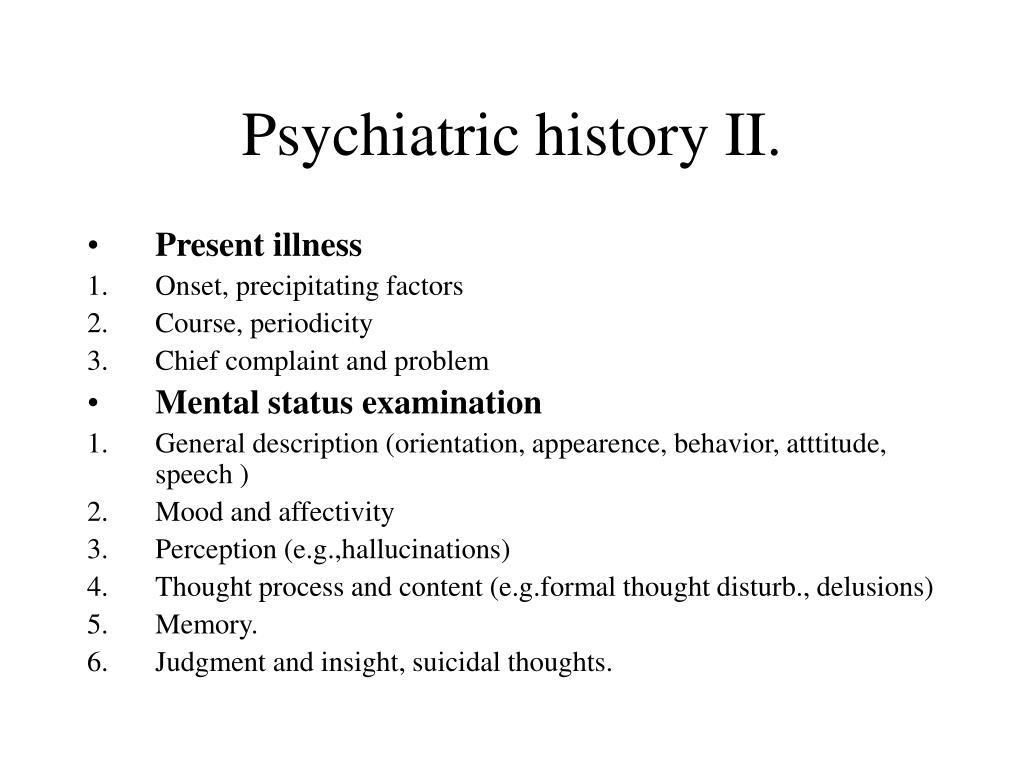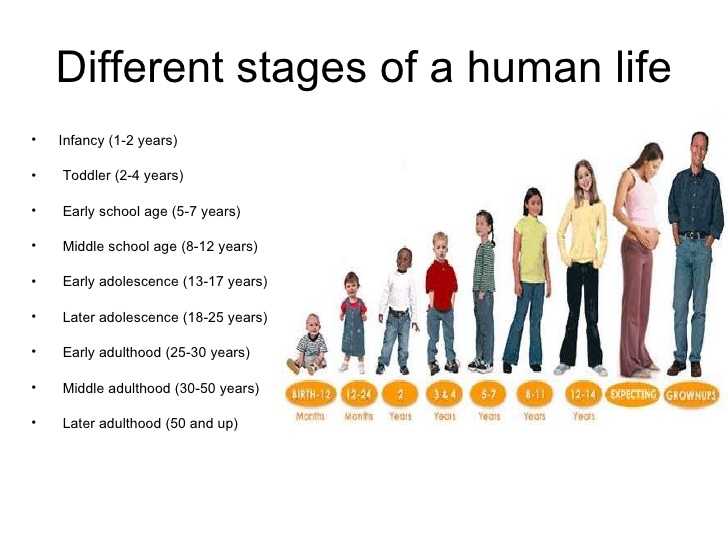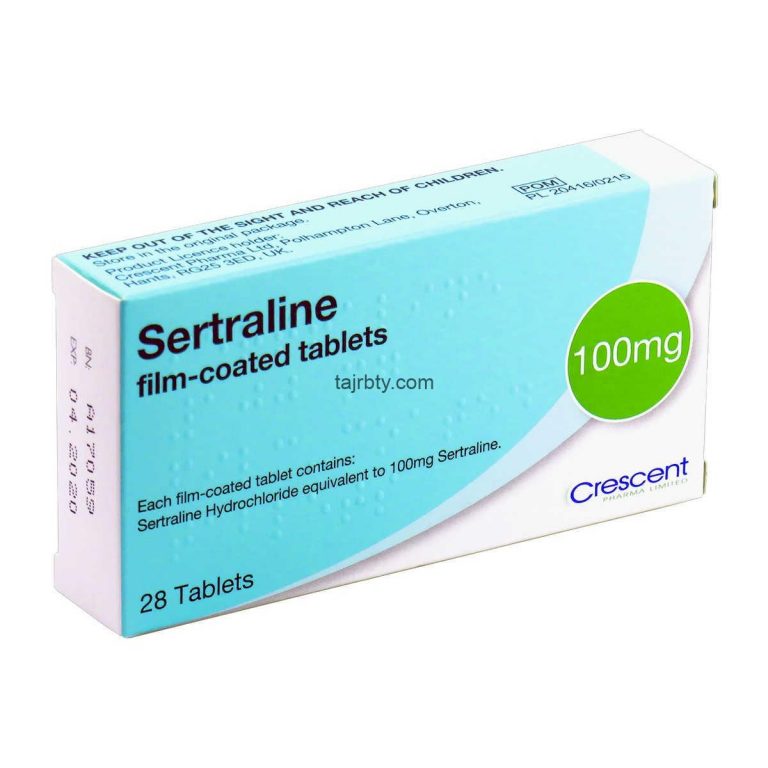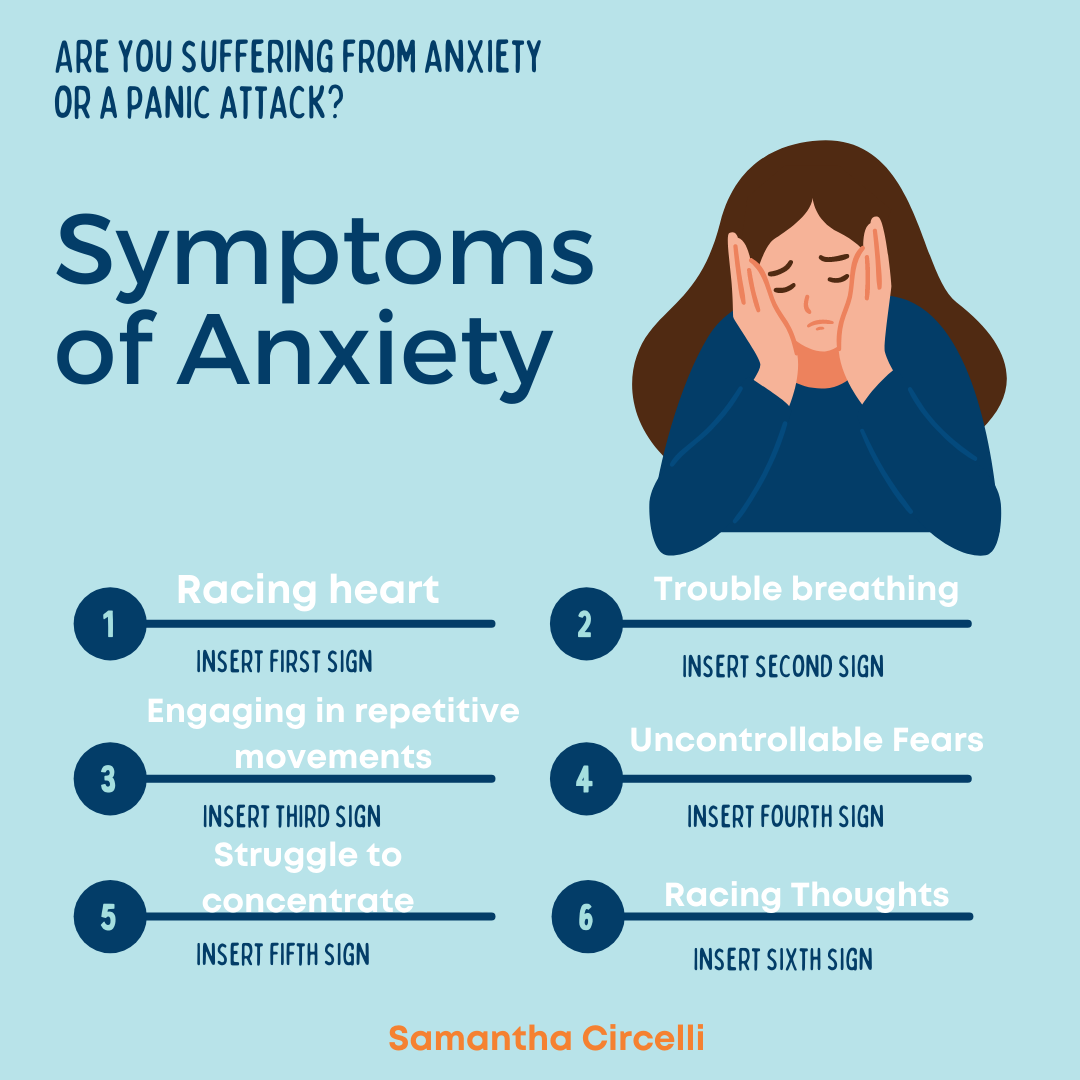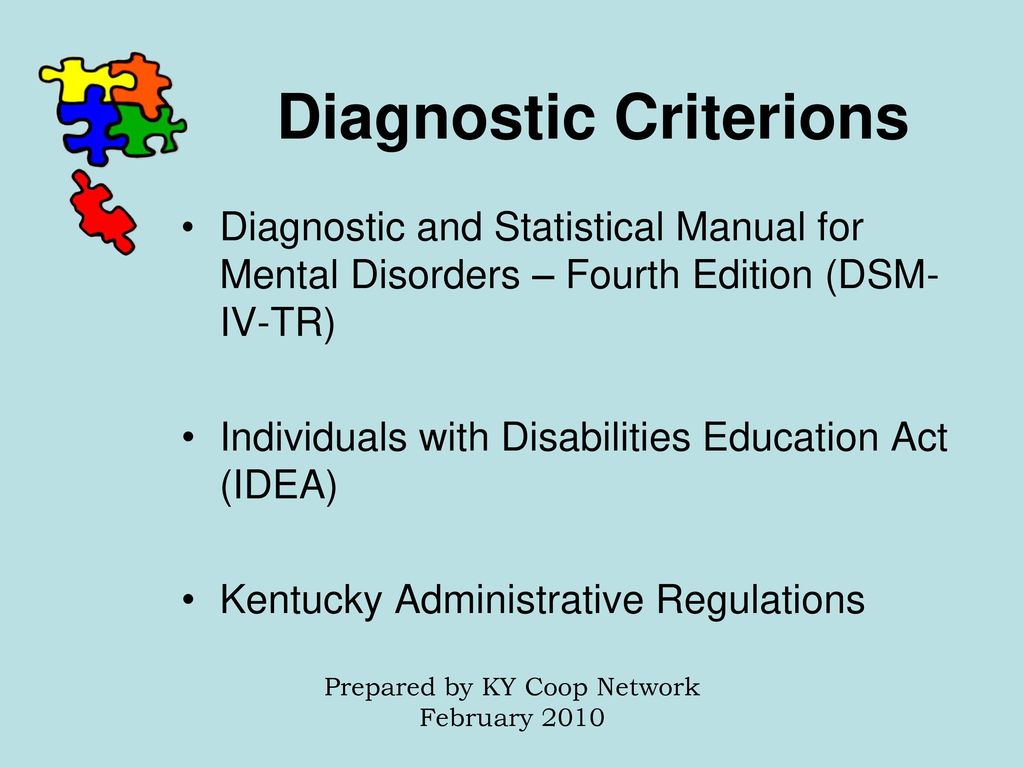Psychiatric lab workup
Psychiatric Lab Workup
last authored: Jan 2011, Craig Meloche
last reviewed: Jan 2011, Michelle Mancell
Introduction
There are many conditions, identifiable by lab investigations, that can cause a host of cognitive, emotional, or behavioural changes. Some important tests include:
TSH (thyroid-stimulating hormone)
TSH can be decreased in hyperthyroidism (e.g., Graves disease, autoimmune thyroiditis, etc), or decreased in hypothyroidism. Hyperthyroidism can result in symptoms of anxiety, mania or psychosis, while hypothyroidism can cause depression or psychosis.
fasting glucose and glycosylated hemoglobin
Very high or low blood glucose levels can be associated with delirium. Also, some atypical antipsychotic agents cause abnormal glucose tolerance and may even lead to the development of diabetes mellitus. For this reason, patients on these drugs often have their fasting glucose followed at regular intervals.
CBC and differential
A CBC includes a white blood cell count (WBC), a differential (types of white blood cells), haemoglobin, and platelet count among other parameters. An increase in WBC as well as a left shift in the differential may indicate an infection or the development of neuroleptic malignant syndrome. Some psychiatric medications also cause leukocytosis or leukopenia. A low haemoglobin may be associated with depression or psychosis. The platelet count may be lowered by some psychiatric medications.
blood urea nitrogen (BUN) and creatinine
BUN and creatinine are indicators of kidney function. Since many drugs are excreted through the kidneys, impairment may alter the pharmacokinetics of psychiatric drugs. Also, elevated levels of urea in the blood can cause lethargy and delirium.
folate and vitamin B12
Folate and B12 levels can be low in people with poor nutrition, especially patients who abuse alcohol. Low levels are associated with dementia, delirium, psychosis, fatigue and personality changes. These may not be done in all patients, but added for those considered at risk for poor nutrition.
Low levels are associated with dementia, delirium, psychosis, fatigue and personality changes. These may not be done in all patients, but added for those considered at risk for poor nutrition.
liver enzymes (ALT, AST, GGT)
Liver enzymes can be raised by alcohol induced liver disease such as alcoholic cirrhosis as well as other causes. Liver disease resulting in high levels of ammonia can cause hepatic encephalopathy which includes lethargy and delirium. Liver disease which results in lowered plasma protein can cause some drugs to be less protein bound which increases their level of activity including both intended effects and side effects.
triglycerides
Some antipsychotic drugs are associated with the development of hyperlipidemia, which itself is associated with a greater risk of cardiovascular and cerebrovascular disease. Also, patients with schizophrenia are already at higher risk of cardiovascular disease, so lipid levels must be followed at regular intervals.
phosphate
Phosphate levels may be raised or lowered by improper parathyroid function. Phosphate may also be lowered in eating disorders, especially with purging behaviours. Levels may drop quickly in a malnourished person who begins to eat a normal diet again because the body uses large amounts of phosphorus during recovery.
magnesium
Low magnesium levels are associated with agitation, confusion, delirium, convulsions and coma. Levels may be low in alcohol abusing patients.
calcium
Low serum calcium levels can cause depression, delirium, and irritability. High levels are associated with depression, psychosis, and weakness. Low calcium levels may be caused by laxative abuse (some eating disorders) or hypoparathyroidism. High levels may be caused by hyperparathyroidism as well as other conditions.
prolactin
Antipsychotic medications may cause a blockade of the dopamine receptors in the pituitary gland which normally down regulate prolactin production. With this blockade in place, prolactin levels may rise and cause galactorrhea, menstrual irregularities, libido changes and alterations in bone calcium concentrations.
With this blockade in place, prolactin levels may rise and cause galactorrhea, menstrual irregularities, libido changes and alterations in bone calcium concentrations.
VDRL Screen
A VDRL test is performed in the case of dementia patients. This test is used to detect a syphilis infection. A long standing syphilis infection can cause dementia like symptoms.
urine toxicology
A urine toxicology screen is performed on admission because many substances of abuse can alter a person’s perception or exacerbate a mental illness. Also, substance abuse is a frequent comorbid condition with many psychiatric illnesses.
return to top
Resources and References
Kaplan and Saddock’s Comprehensive Textbook of Psychiatry 8th edition.
return to top
Screening laboratory evaluation in psychiatric patients: a review
Review
. 1992 Jul;14(4):248-57.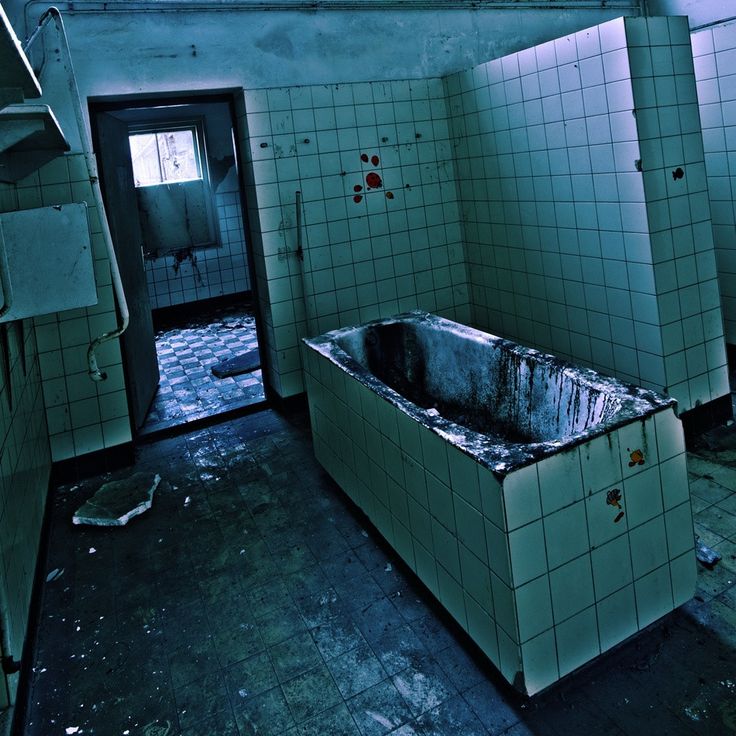
doi: 10.1016/0163-8343(92)90095-r.
T J Anfinson 1 , R G Kathol
Affiliations
Affiliation
- 1 Department of Internal Medicine, University of Iowa Hospitals and Clinics, Iowa City.
- PMID: 1505746
- DOI: 10.1016/0163-8343(92)90095-r
Review
T J Anfinson et al. Gen Hosp Psychiatry. 1992 Jul.
. 1992 Jul;14(4):248-57.
doi: 10. 1016/0163-8343(92)90095-r.
1016/0163-8343(92)90095-r.
Authors
T J Anfinson 1 , R G Kathol
Affiliation
- 1 Department of Internal Medicine, University of Iowa Hospitals and Clinics, Iowa City.
- PMID: 1505746
- DOI: 10.1016/0163-8343(92)90095-r
Abstract
Routine laboratory screening of psychiatric patients is a common clinical practice. Several studies have demonstrated the limited utility and higher cost of ambulatory and preadmission screening in the evaluation of general medical patients. The data concerning the use of such screening profiles in psychiatric patients are reviewed.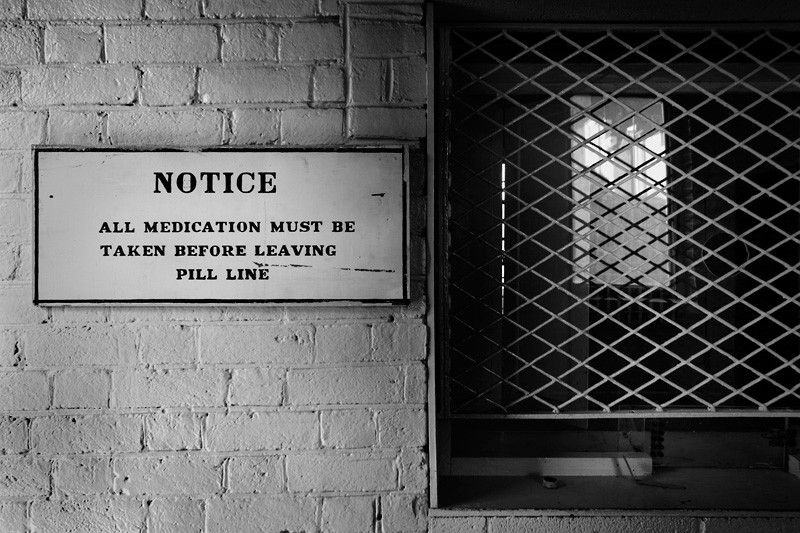 Widespread use of extensive screening batteries, consisting of complete blood cell count (CBC), complete blood chemistry analysis, erythrocyte sedimentation rate (ESR), urinalysis, B12, folate, electroencephalogram (EEG), electrocardiogram (EKG), and chest x-ray film, is not indicated in the majority of psychiatric patients. Such investigations result in many abnormal findings, most of which are clinically insignificant and do not affect patient management and outcome. Most abnormal results can be predicted by information obtained from a careful history, review of systems, and physical examination. Certain populations appear to benefit from more extensive evaluation, including those older than 65 years of age or of low socioeconomic status, state hospital patients, patients with drug and alcohol histories, and patients with evidence of disorientation, self neglect, or organic mental disorders. The few tests that have merit as broader screening tests in asymptomatic patients include serum glucose, blood urea nitrogen (BUN), creatinine, and urinalysis.
Widespread use of extensive screening batteries, consisting of complete blood cell count (CBC), complete blood chemistry analysis, erythrocyte sedimentation rate (ESR), urinalysis, B12, folate, electroencephalogram (EEG), electrocardiogram (EKG), and chest x-ray film, is not indicated in the majority of psychiatric patients. Such investigations result in many abnormal findings, most of which are clinically insignificant and do not affect patient management and outcome. Most abnormal results can be predicted by information obtained from a careful history, review of systems, and physical examination. Certain populations appear to benefit from more extensive evaluation, including those older than 65 years of age or of low socioeconomic status, state hospital patients, patients with drug and alcohol histories, and patients with evidence of disorientation, self neglect, or organic mental disorders. The few tests that have merit as broader screening tests in asymptomatic patients include serum glucose, blood urea nitrogen (BUN), creatinine, and urinalysis. Patients on psychotropic medications should be monitored for side effects of that particular therapy. Further prospective data are needed to develop cost-efficient, population-specific diagnostic strategies.
Patients on psychotropic medications should be monitored for side effects of that particular therapy. Further prospective data are needed to develop cost-efficient, population-specific diagnostic strategies.
Similar articles
-
Evaluation of the Modified Mini-Mental State Examination in a general psychiatric population.
Lamarre CJ, Patten SB. Lamarre CJ, et al. Can J Psychiatry. 1991 Sep;36(7):507-11. doi: 10.1177/070674379103600708. Can J Psychiatry. 1991. PMID: 1933759
-
Prospective evaluation of emergency department medical clearance.
Henneman PL, Mendoza R, Lewis RJ. Henneman PL, et al. Ann Emerg Med. 1994 Oct;24(4):672-7. doi: 10.1016/s0196-0644(94)70277-2. Ann Emerg Med. 1994. PMID: 7619102
-
Organic brain syndrome.
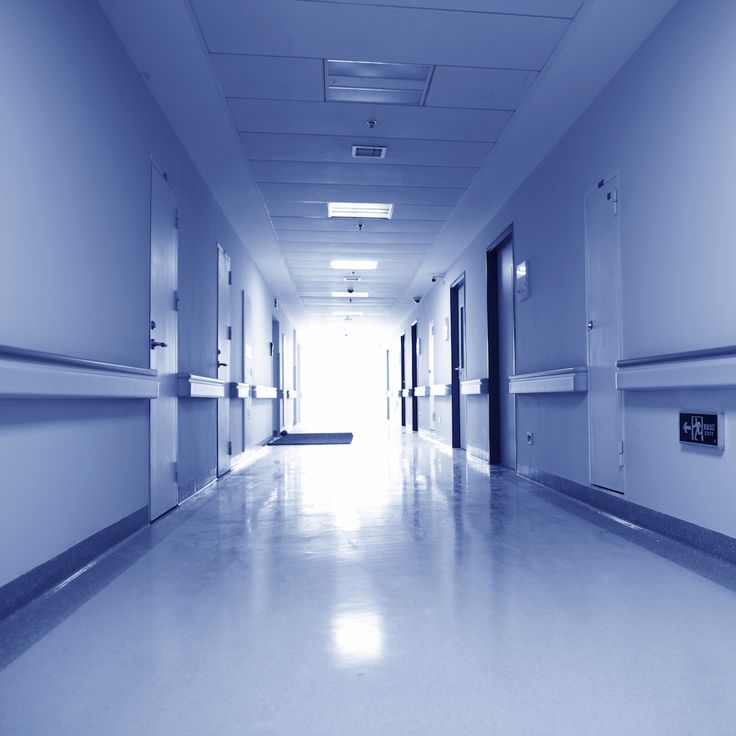 The psychiatric imposter.
The psychiatric imposter. Dubin WR, Weiss KJ, Zeccardi JA. Dubin WR, et al. JAMA. 1983 Jan 7;249(1):60-2. JAMA. 1983. PMID: 6848782
-
Psychiatric illnesses in the elderly: a review.
Jenike MA. Jenike MA. J Geriatr Psychiatry Neurol. 1996 Apr;9(2):57-82. doi: 10.1177/089198879600900202. J Geriatr Psychiatry Neurol. 1996. PMID: 8736587 Review.
-
A review of indications for routine EEG in clinical psychiatry.
Boutros NN. Boutros NN. Hosp Community Psychiatry. 1992 Jul;43(7):716-9. doi: 10.1176/ps.43.7.716. Hosp Community Psychiatry. 1992. PMID: 1516903 Review.
See all similar articles
Cited by
-
Deconstructing the urinalysis: A novel approach to diagnostic and antimicrobial stewardship.

Advani SD, Polage CR, Fakih MG. Advani SD, et al. Antimicrob Steward Healthc Epidemiol. 2021;1(1):e6. doi: 10.1017/ash.2021.167. Epub 2021 Jun 28. Antimicrob Steward Healthc Epidemiol. 2021. PMID: 34604864 Free PMC article.
-
Physical health examination in outpatients with schizophrenia: the cost effectiveness of laboratory screening tests.
Eskelinen S, Suvisaari JVJ, Suvisaari JM. Eskelinen S, et al. Ann Gen Psychiatry. 2020 Dec 11;19(1):70. doi: 10.1186/s12991-020-00321-3. Ann Gen Psychiatry. 2020. PMID: 33308252 Free PMC article.
-
How Testing Drives Treatment in Asymptomatic Patients: Level of Pyuria Directly Predicts Probability of Antimicrobial Prescribing.
Gupta K, O'Brien W, Gallegos-Salazar J, Strymish J, Branch-Elliman W.
 Gupta K, et al. Clin Infect Dis. 2020 Jul 27;71(3):614-621. doi: 10.1093/cid/ciz861. Clin Infect Dis. 2020. PMID: 31504317 Free PMC article.
Gupta K, et al. Clin Infect Dis. 2020 Jul 27;71(3):614-621. doi: 10.1093/cid/ciz861. Clin Infect Dis. 2020. PMID: 31504317 Free PMC article. -
Frequency and pattern of radiological and laboratory investigations in patients with mental illnesses: A study from North Rajasthan.
Gupta DK, Suthar N, Singh V, Bihari M, Kumar V, Verma KK, Sidana R, Sengupta S, Bhadoriya MS. Gupta DK, et al. Indian J Psychiatry. 2016 Apr-Jun;58(2):183-9. doi: 10.4103/0019-5545.183781. Indian J Psychiatry. 2016. PMID: 27385852 Free PMC article.
Publication types
MeSH terms
National Medical Research Center for Psychiatry and Narcology.
 V. P. Serbsky » Laboratory of psychohygiene and psychoprophylaxis
V. P. Serbsky » Laboratory of psychohygiene and psychoprophylaxis Laboratory of psychohygiene and psychoprophylaxis has been operating since 01.02. 2017
Head of the Laboratory Vera Gennadievna Bulygina, Doctor of Psychology, Associate Professor.
In 1986 she graduated from the Faculty of Psychology, Department of Neuropsychology and Pathopsychology, Moscow State University. M.V. Lomonosov. From 1986, he works at the SSC SSP im. V.P. Serbsky, from 2008 to 2017 she headed the Laboratory of Psychological Problems of Forensic Psychiatric Prevention, since 2017 she has been the head of the Laboratory of Psychohygiene and Psychoprophylaxis of the Federal State Budgetary Institution National Medical Research Center for Psychiatry and Narcology named after N.N. V.P. Serbsky" of the Ministry of Health of Russia.
In 2003 she defended her Ph.D..00.04) on the topic: "The psychological concept of the prevention of socially dangerous actions of persons with severe mental disorders.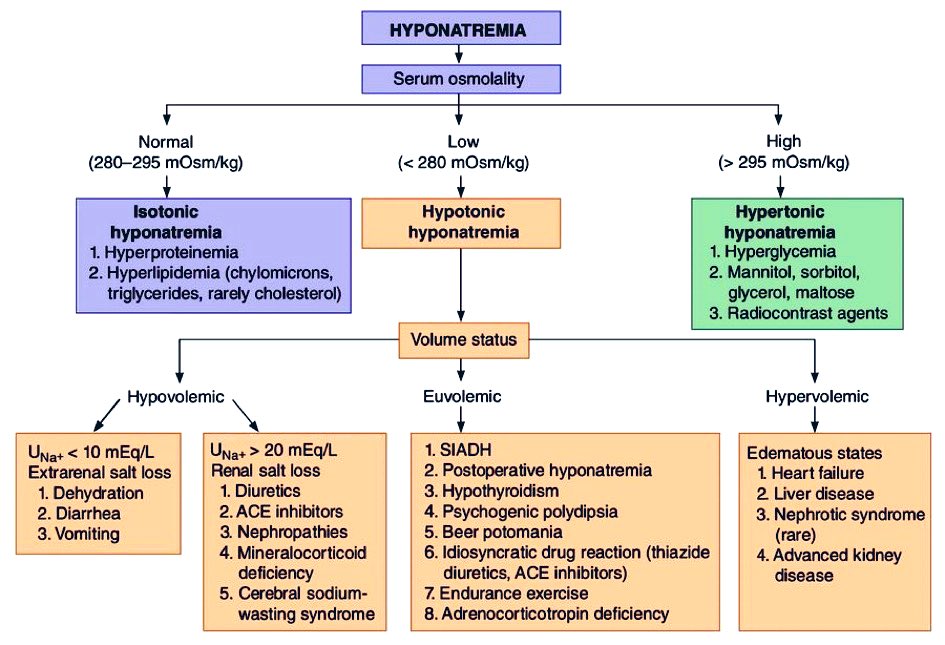 "
"
Professor of the Department of Clinical and Forensic Psychology, Faculty of Legal Psychology, Moscow State University of Psychology and Education. Co-Chairman of the Problem Council on Medical Psychology (19.00.04) FSBI “N.N. V.P. Serbsky" of the Ministry of Health of Russia, the Academic Council of the Faculty of Legal Psychology of the Moscow State University of Psychology and Education, is a member of the editorial board of the journal "Psychology and Law". nine0003
VG Bulygina is the author of the psychological concept of OOD prevention for people with severe mental disorders, which includes a structural and functional model, a set of principles, psychodiagnostic tools, psychocorrection programs and training methods aimed at reducing the risk of OOD, optimizing the social functioning of mental patients with severe mental disorders, as well as to preserve the mental health of professionals working with such patients. nine0003
He is the author of more than 300 publications, including 3 monographs, 40 scientific and practical manuals, guidelines for doctors and guidelines. Under the scientific guidance of V.G. Bulygina defended 3 Ph.D. dissertations in the specialty 19.00.04 - "Medical Psychology"; 8 dissertation research is being carried out for the degree of candidate of psychological sciences and 1 dissertation research for the degree of doctor of psychological sciences.
Under the scientific guidance of V.G. Bulygina defended 3 Ph.D. dissertations in the specialty 19.00.04 - "Medical Psychology"; 8 dissertation research is being carried out for the degree of candidate of psychological sciences and 1 dissertation research for the degree of doctor of psychological sciences.
Since 2019, he has been a member of the Scientific and Expert Council of the Moscow State Psychological and Pedagogical University. nine0003
In 2019, she became a member of the dissertation council D 205.001.02, created on the basis of the federal state budgetary institution “All-Russian Center for Emergency and Radiation Medicine named after A.M. Nikiforov" of the Ministry of the Russian Federation for Civil Defense, Emergency Situations and Elimination of Consequences of Natural Disasters.
Laboratory staff:
Leading researcher – Igor Nikolaevich Noss, Doctor of Psychology, Professor
Senior Researcher – Tatyana Nikolaevna Kabanova, Candidate of Psychological Sciences
Researcher – Nadezhda Evgenievna Lysenko, Candidate of Psychological Sciences
Researcher – Alexander Alexandrovich Dubinsky, Candidate of Psychological Sciences
Researcher – Anna Pavlovna Makurina, Candidate of Psychological Sciences
Researcher - Alesya Sergeevna Vasilchenko, Candidate of Psychological Sciences
Researcher - Maria Yurievna Belyakova
Researcher - Maria Mikhailovna Pronicheva
News of the Laboratory of Psycho -Gigigiens and Psychoprophylaxis
The main scientific areas of the Laboratory of Psycho -Gigigiel and Psychoprophylaxis:
Development of Methodological and Organizational Fundamentals ; secondary psychoprophylaxis.
Development of methodological foundations for the psychoprophylactic work of medical psychologists and their interaction with other specialists in the protection of the mental health of the population. nine0003
Development and implementation of a methodological set of analytical tools for predicting the risk of developing mental maladjustment, the risk of decompensation, as well as evaluating the effectiveness of psychoprophylactic measures in relation to vulnerable groups of the population.
Development of theoretical and organizational aspects of psychological support and training of specialists in the following areas:
a) pedagogical activity in the field of preschool, primary general, basic general, secondary general education:
b) psychological adaptation of medical personnel.
Creation of experimental models and new forms of psychoprophylaxis, psychocorrection, psychological counseling in general educational organizations and in the practice of institutions providing medical care.
The following research and development activities are carried out within the specified areas of the Laboratory's work:
- The study of psychological characteristics and the type of decisions made under the influence of stress factors and at a given level of professional burnout. nine0080
- Study of psychological and psychophysiological predictors of mental maladaptation and adaptability in hazardous professions.
- Identification of neuropsychological profiles of higher mental functions in different age periods within the framework of adaptive potential and professional reliability.
- The study of the characteristics of stress response and individual psychological factors of professional maladjustment among specialists engaged in pedagogical activities in the field of primary general, basic general, secondary general education. nine0080
- Study of clinical, psychological and social factors of victimization of minors.
- The study of personal and professional specifications in the diagnosis of characterological features of social specialists.

- The study of factors of social maladjustment and factors that limit the risk of criminalization in people with mental disorders.
- Identification of clinical and psychological factors of high-risk behavior in candidates for drivers and drivers of public transport Study of the characteristics of response to stress in participants in traffic accidents. nine0080
- Creation of analytical complexes and evaluation algorithms:
- identifying a risk group for decompensation in situations of emergency decision-making on the roads for drivers;
- prediction of behavioral reactions of employees of law enforcement agencies at various stages of service, taking into account the state of vegetative functions and the main receptor systems of the brain in express mode using biofeedback methods;
- assessment of the risk of making wrong decisions, taking into account the peculiarities of social perception, situational analysis and under the influence of stressful influences; nine0080
- highlighting self-control profiles that determine a high level of functioning of the components of the behavior regulation process.
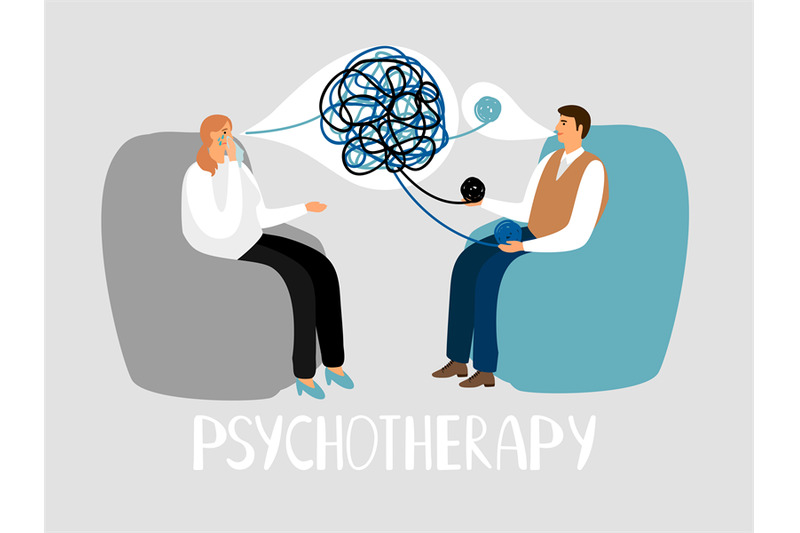
Organizational and methodological work
Compilation of instructive and methodological recommendations and teaching aids for doctors, psychologists, social workers, teachers.
Implementation of the results of scientific research of the laboratory in the provision of practical activities in the field of education, medicine, defense and security, life safety (Training programs (2017, 2018)). nine0003
Providing advisory and organizational and methodological assistance to institutions of education, healthcare, defense and security of the state in organizing and improving psycho-prophylactic measures for vulnerable groups of the population (Existing agreements on scientific and practical cooperation).
Pedagogical work
Teaching in the universities of Moscow the following disciplines: “Psychological aspects of forensic psychiatric prevention”, “Criminal psychology”, “Modern problems of clinical psychology”, “Empirical research in clinical psychology”, “Workshop on pathopsychology", "Psychodiagnostics", "Experimental psychology", "Forensic psychological examination", "Psychology and pedagogy", "Diagnostics and assessment of personnel (assessment technologies)", "Organizational diagnostics", "Psychology of management consulting", " Qualitative and quantitative methods of research in psychology”, “Professional psychological selection of personnel”. nine0003
nine0003
Laboratory staff supervise students' theses, dissertations of masters, graduate students, applicants.
The laboratory takes part in advanced training courses in forensic psychiatry.
Scientific products of the laboratory can be purchased at the editorial and publishing department of the Center
Contacts: Natalya Borisovna Goncharova, phone +7 (495) 637-26-13, [email protected]
Chemical-toxicological laboratory - KGBUZ Regional Clinical Psychiatric Hospital named after Professor I.B. Galant of the Ministry of Health of the Khabarovsk Territory
Chemical and toxicological laboratory of the Regional Clinical Psychiatric Hospital of the Ministry of Health of the Khabarovsk Territory
analytical diagnosis of the presence in the human body of alcohol, narcotic drugs, psychotropic and other toxic substances”, Order of the Ministry of Health of Russia No. 925n of November 15, 2012 "On approval of the procedure for providing medical care to patients with acute chemical poisoning.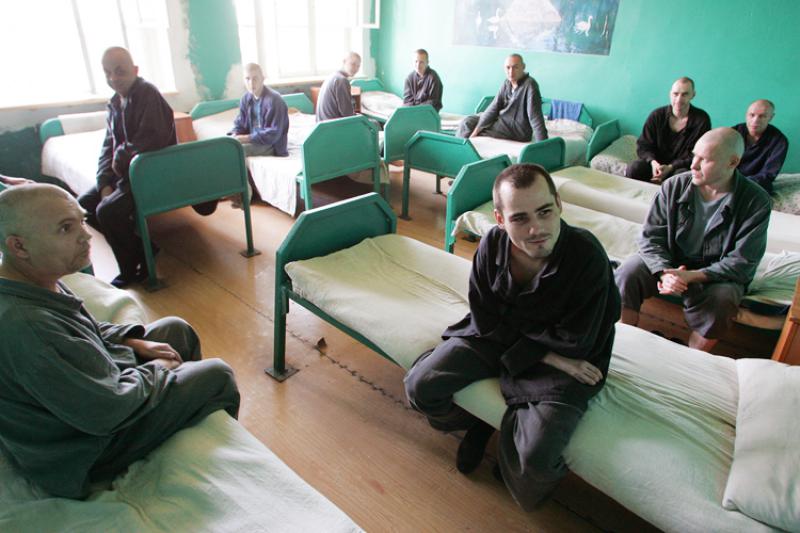 "
"
The equipment of the laboratory complies with Appendix No. 30 to the Procedure for the provision of medical care in the field of psychiatry and narcology, approved by order of the Ministry of Health of the Russian Federation dated December 30, 2015. No. 1034n "Rules for organizing the activities of the chemical and toxicological laboratory of the narcological dispensary (narcological hospital).
Chemical-toxicological laboratory carries out the following studies:
- one type of drug by immunochromatographic method
- cannabinoids, amphetamines, opiates on the immunochemical analyzer IK 200609 with tests R1
- opiates, vegetable and synthetic cannabinoids, phenylalkylamines (amphetamine, methamphetamine), synthetic cathinones, cocaine, methadone on the immunochemical analyzer IK 200609 with tests R1
- opiates, vegetable and synthetic cannabinoids, phenylalkylamines (amphetamine, methamphetamine), synthetic cathinones, cocaine, methadone, benzodiazepines, barbiturates on the immunochemical analyzer IK 200609tests R1
- amphetamines (AMP), cathinones (MDPV, A-PVP, A-PHP) on the immunochemical analyzer IK 200609 with tests R1
- barbiturates (BAR), ecstasy (MDMA), methadone (MTD) on the immunochemical analyzer IK 200609 with tests R1
- synthetic analogues of cannabinoids (spice) on the immunochemical analyzer IK 200609 with tests R1
- cocaine (COC), methamphetamine (mAMP), benzodiazepine (BZO) on the immunoassay analyzer IK 200609tests R1
- serum or urine ethanol levels by gas chromatography
- examination of biomaterial for narcotic, psychoactive and medicinal substances by gas chromatography (confirmatory stage of chemical-toxicological examination)
Head of CTL: Efimenko Marina Viktorovna
Candidate of Medical Sciences, doctor of clinical laboratory diagnostics. Graduated from the Khabarovsk State Medical Institute with a degree in General Medicine, qualification "Doctor" at 1995 years old. Has:
Graduated from the Khabarovsk State Medical Institute with a degree in General Medicine, qualification "Doctor" at 1995 years old. Has:
- Candidate of Medical Sciences diploma dated March 07, 2003,
- certificate "Clinical laboratory diagnostics" until February 8, 2022,
- certificate for "Occupational pathology and organization of preventive medical examinations" dated September 30, 2014,
- certificate "Cytological diagnosis of cervical cancer" dated November 01, 2014
CTL doctor: Fomberg Larisa Alexandrovna
Laboratory doctor of the first qualification category. Graduated from Khabarovsk State Pharmaceutical Institute at 1995 in the specialty "Pharmacy" with the qualification "Pharmacist". He has a certificate of the First Moscow State Medical University IM. Sechenov" with a degree in "Chemical and toxicological studies in laboratory and clinical diagnostics" until June 07, 2021.
CTL doctor: Ivanova Ludmila Vladimirovna.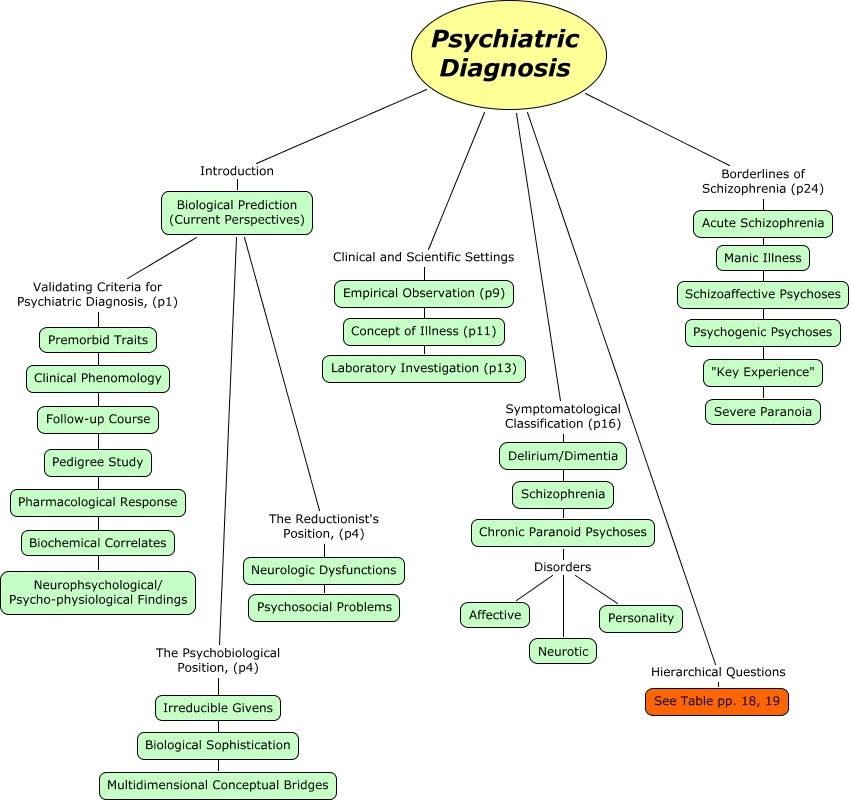 Graduated from the Khabarovsk State Medical Institute in 1976 with a degree in Pharmacy with the qualification of Pharmacist. He has a certificate of the First Moscow State Medical University IM. Sechenov" with a degree in "Chemical and toxicological studies in laboratory and clinical diagnostics" until June 23, 2020. nine0003
Graduated from the Khabarovsk State Medical Institute in 1976 with a degree in Pharmacy with the qualification of Pharmacist. He has a certificate of the First Moscow State Medical University IM. Sechenov" with a degree in "Chemical and toxicological studies in laboratory and clinical diagnostics" until June 23, 2020. nine0003
Andreev Artem Andreevich - expert chemist. Graduated from the Far Eastern Federal University in Vladivostok in 2005 with a degree in Chemistry with a Chemist qualification.
Stepanov Ilya Vladimirovich Chemist - expert chemist. Graduated from the Far Eastern Federal University of Vladivostok in 2005 with a degree in Chemistry, qualified as a Chemist.
Yulia Vladimirovna Pavlova - senior laboratory assistant of the first category. She graduated from the "Birobidzhan Medical College" in 2001 with a degree in "Laboratory Diagnostics" with the qualification of "paramedic-laboratory assistant".